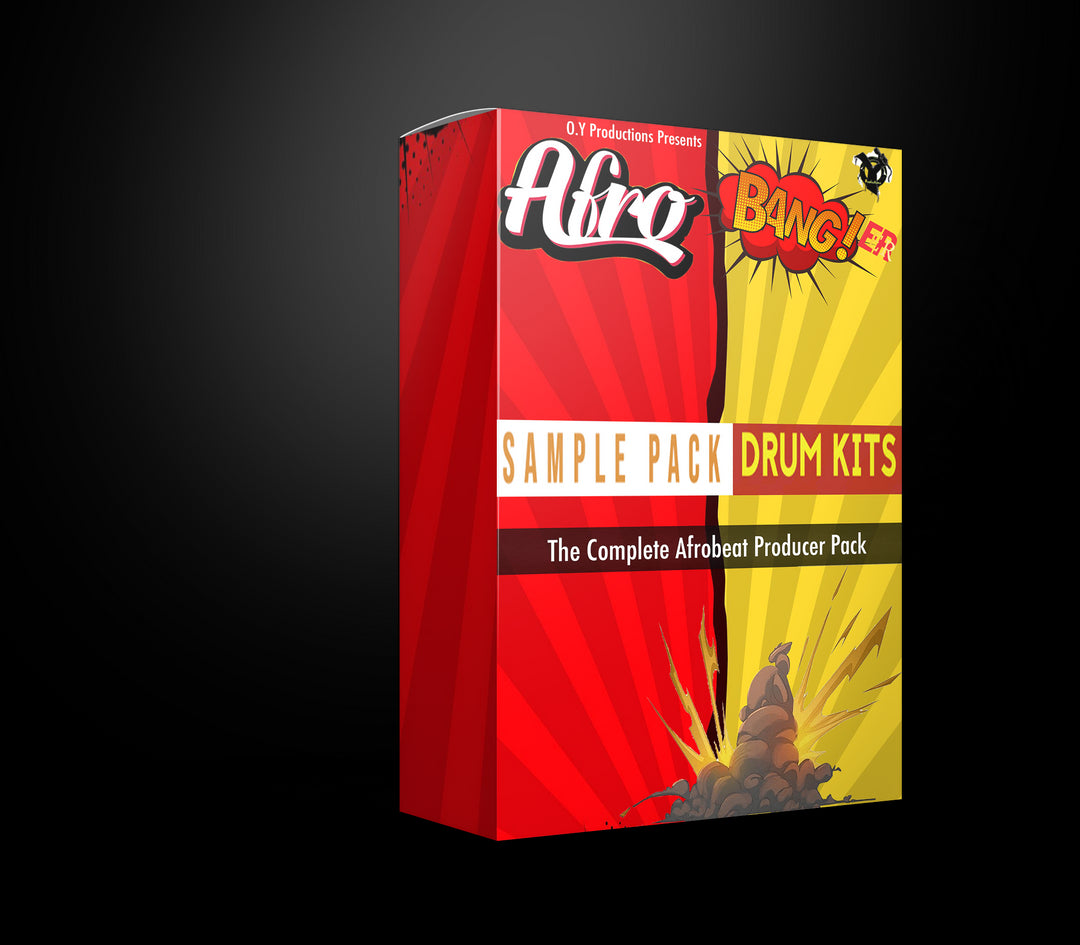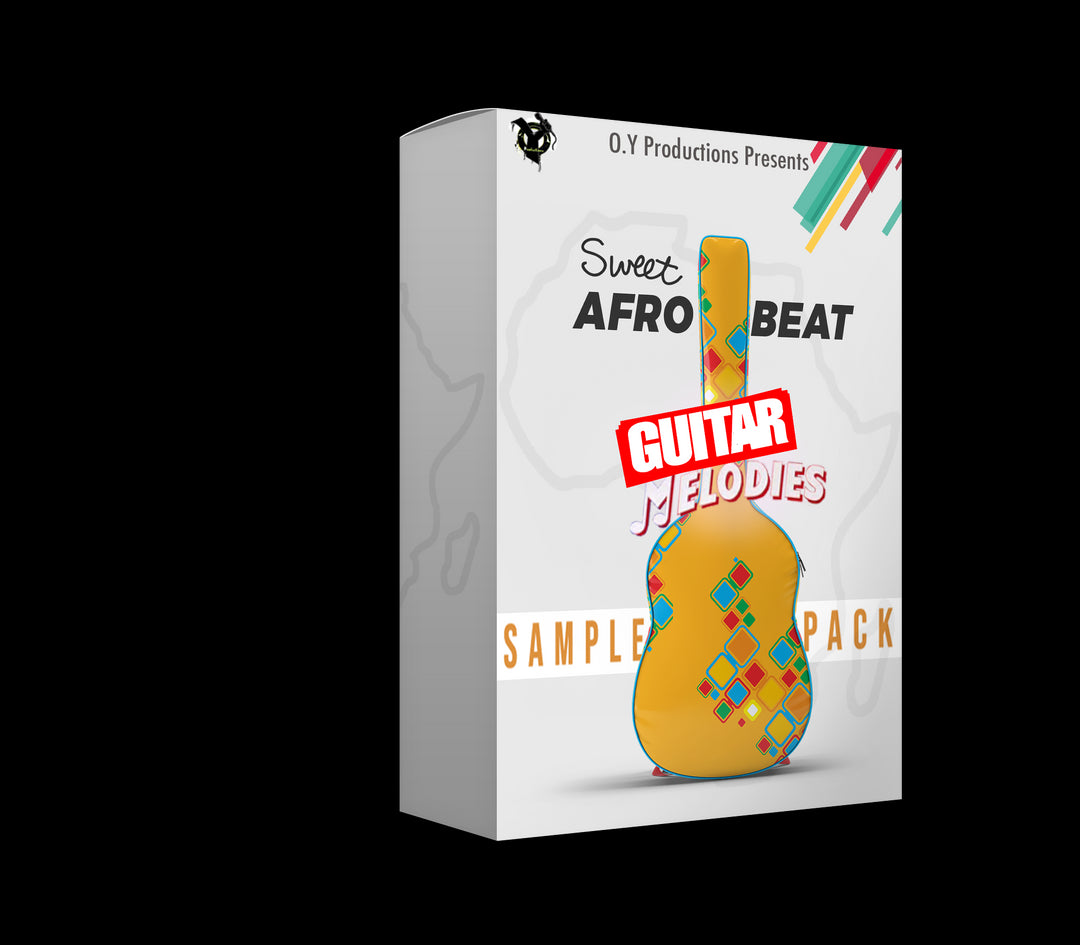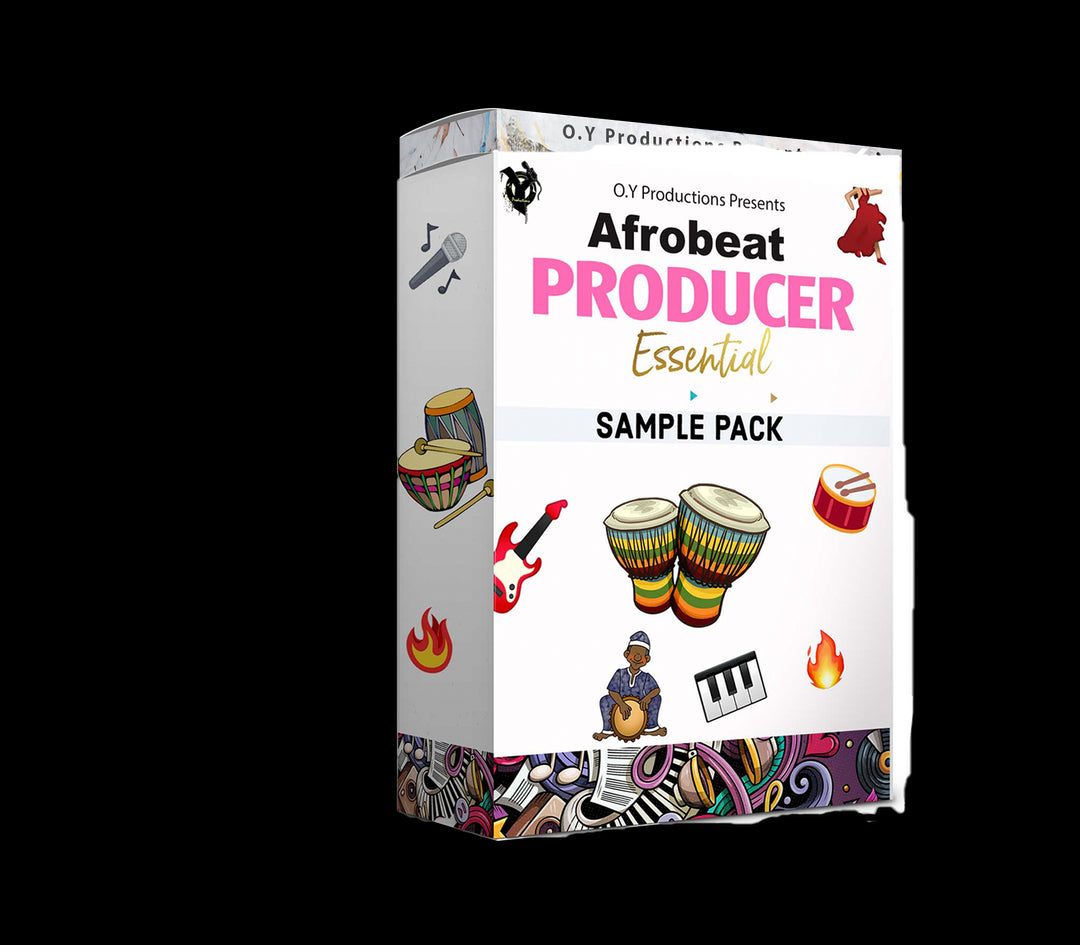7 Common Beginner Mistakes Every Music Producer Should Avoid
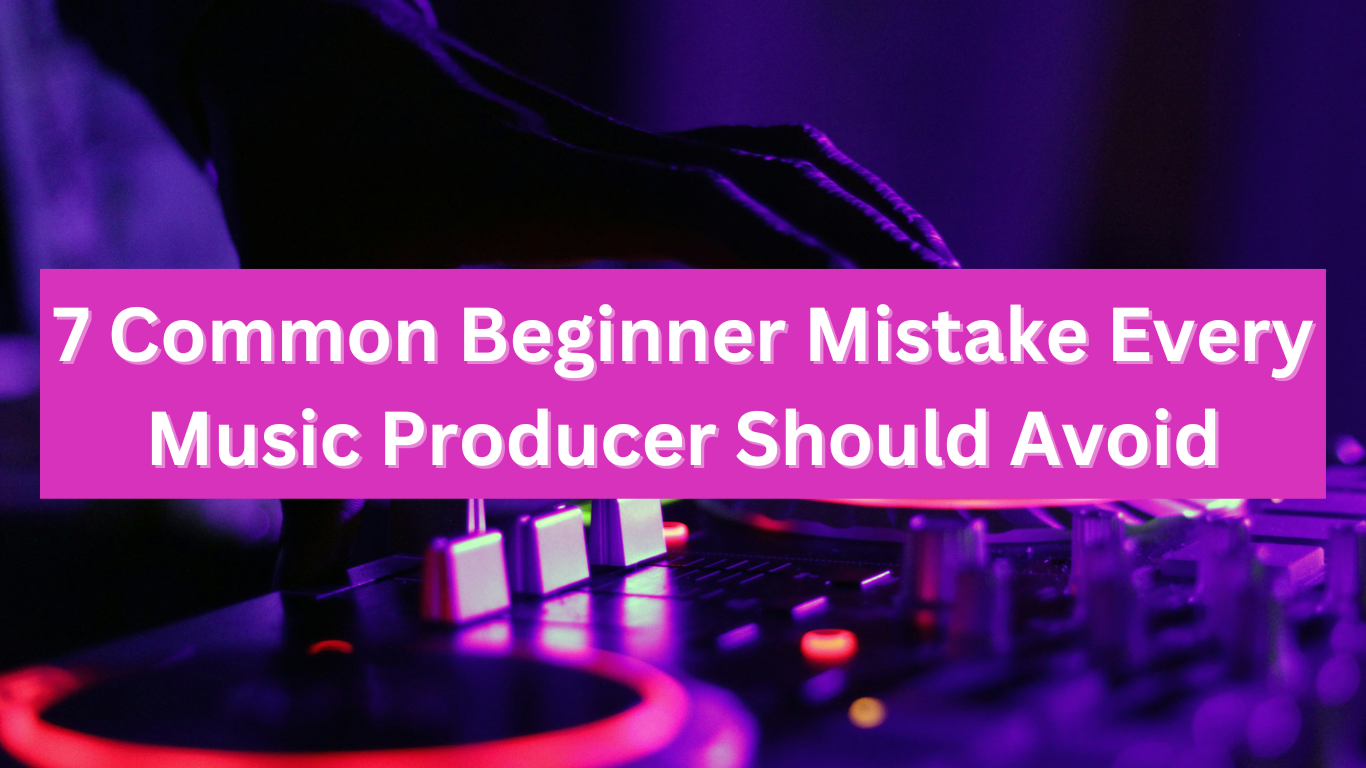
Embarking on a music production journey is exhilarating, but it's crucial to navigate it wisely. This article outlines common mistakes every aspiring music producer should avoid, ensuring a smoother and more successful creative process.
1. Choosing the Right DAW
When diving into the world of music production, one of the first and crucial decisions you'll make is choosing the right Digital Audio Workstation (DAW). Think of it as selecting the perfect tool for your artistic journey. Now, let's break down why this choice matters.
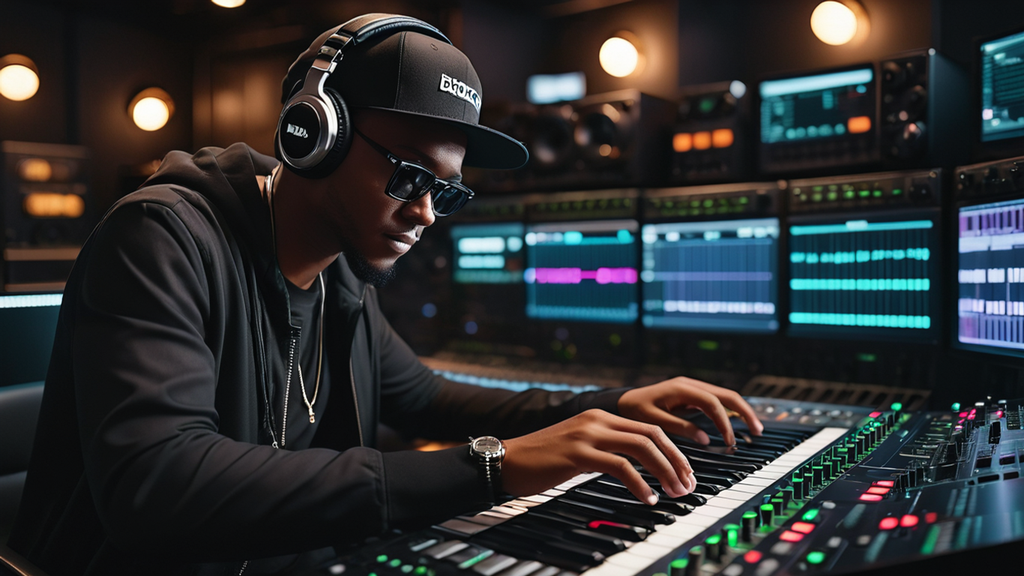
Understanding the Foundation:
The DAW serves as the foundation for your music-making adventure. It's like the canvas for a painter or the stage for a performer. Getting this right from the start sets you up for success.
Avoiding the Popularity Trap:
It's easy to fall into the popularity trap, thinking that the most talked-about DAW is the best. However, that might not be the case for you. Our needs, workflow, and the features we require are unique. So, instead of following the crowd, take a step back and think about what works best for you.
Assessing Your Needs:
Consider your needs in terms of simplicity, flexibility, and the type of music you want to create. Are you into electronic beats, or do you prefer acoustic sounds? Do you need a user-friendly interface, or are you comfortable with a steeper learning curve for more advanced features?
Evaluating Your Workflow:
Think about how you work. Are you someone who loves experimenting with various sounds and effects, or do you prefer a more straightforward approach? Some DAWs are known for their extensive libraries and presets, while others are praised for their customization options.
Available Features:
Every DAW comes with its own set of features. Some might have a vast array of virtual instruments and effects, while others focus on being lightweight and fast. It's essential to align these features with what you envision for your music.
In the end, the perfect DAW is the one that aligns with your needs, suits your workflow, and provides the features you require. So, take your time, explore different options, and remember, it's not about what everyone else is using; it's about what works best for you.
2. Neglecting Music Theory
When folks start diving into music production, sometimes they skip over the treasure trove that is music theory. It's like having a bunch of colorful paints but not knowing how to mix them to create a masterpiece.
Now, I get it. You might be thinking, "Why do I need to bother with scales, chords, and progressions?" Well, let me tell you, it's like the secret sauce that turns a good track into an absolute banger.
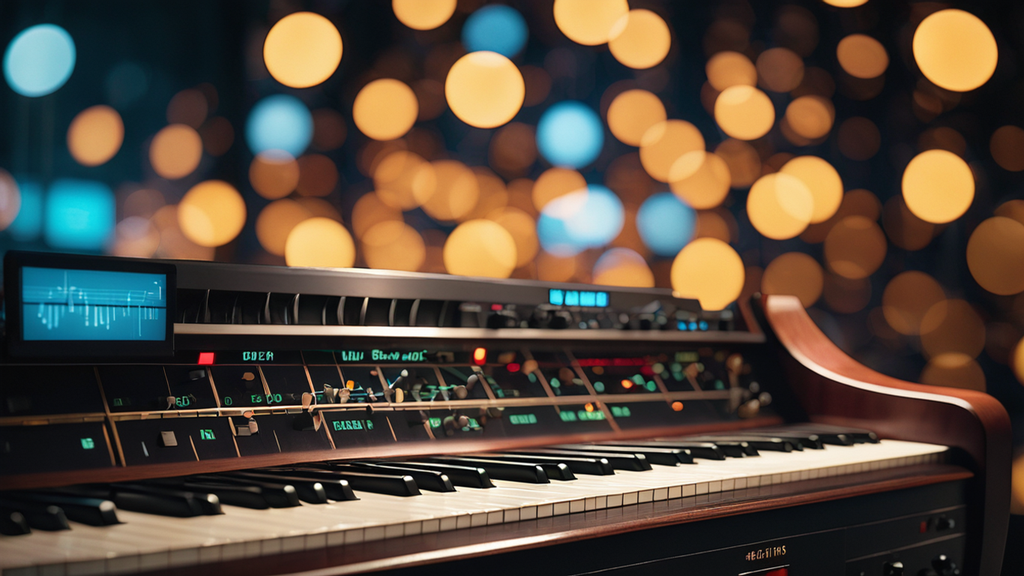
Why Mix and Master?
Imagine creating a beautiful painting but forgetting to add the finishing touches. That's what happens when we skip mixing and mastering. It's like baking a cake but not bothering to frost it – you miss out on that polished, professional touch.
What Happens If We Ignore It?
If you skip the mixing and mastering step, your music might end up sounding a bit like a muddled conversation in a crowded room. Elements might clash, and the overall clarity may suffer. It's like trying to hear someone in a noisy coffee shop – not ideal for your music.
Basic Mixing Techniques:
Mixing is like arranging all the ingredients in your recipe. It involves adjusting the volume, panning, and EQ (equalization) of each element. Think of it as finding the right balance so that every sound has its own space, just like making sure all the flavors in a dish complement each other.
Investing Time in Mastering:
Once you've mixed your tracks, mastering is the final touch that gives your music a consistent and polished sound. It's like putting the perfect filter on a photo – it enhances the overall vibe. Spending time on mastering or seeking professional help ensures that your final product shines like a well-polished gem.
In a nutshell, don't underestimate the power of mixing and mastering in shaping your music. They are the unsung heroes that elevate your creation from good to exceptional. So, the next time you're crafting your musical masterpiece, remember: mix it well, master it wisely, and let your creativity truly shine.
5. Relying Too Much on Plugins
When we talk about plugins in music production, we're referring to those nifty software tools that can add a variety of sounds and effects to our music. Now, don't get me wrong, plugins are fantastic—they can turn a simple melody into something extraordinary. But here's the catch: relying on them too much can put a damper on your creativity.
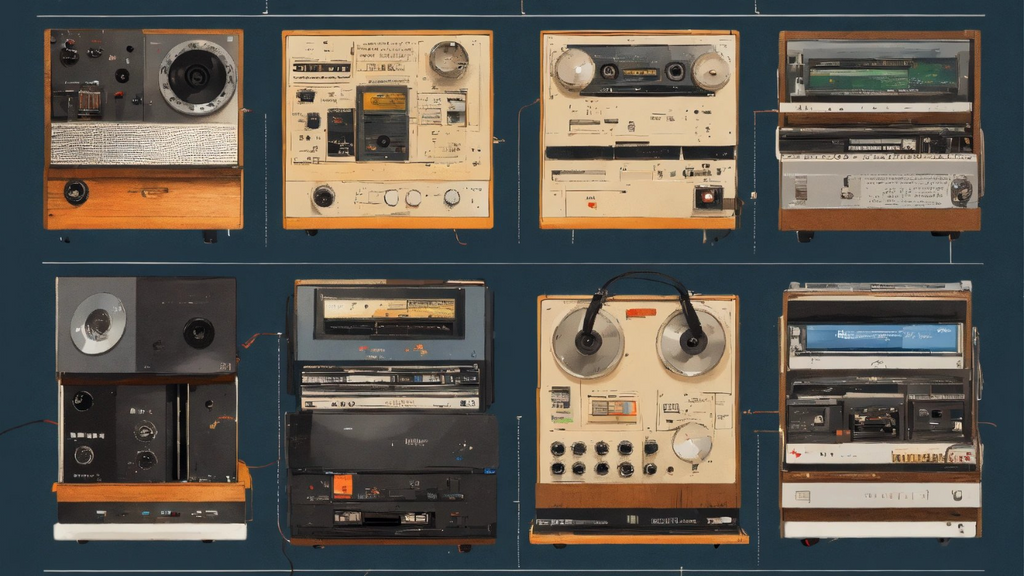
Let's break it down. Imagine you have a toolbox full of cool gadgets. Those gadgets are your plugins. They can paint your music with different colors, make it sparkle, or add a bit of spice. But if you use every gadget in the toolbox all at once, things might get messy. That's where the balance comes in.
Think of your core skills as the foundation of your music. If you focus solely on the fancy plugins without strengthening your core skills, your musical foundation might get a bit shaky.
Now, here's the magic word: balance. Find that sweet spot where your core skills and plugins work together harmoniously. It's like creating a delicious recipe—you want the right mix of ingredients to make something truly special. Experiment, play around, but always keep in mind that your core skills are the backbone of your musical journey.
Strike that balance, and you'll create music that not only sounds good but also feels authentic and true to your unique style.
6. Neglecting the Importance of Rest
it's easy to get caught up in the excitement of creating something extraordinary. However, a mistake many beginners make is neglecting the importance of rest.

When we immerse ourselves in our passion, whether it's crafting beats or experimenting with melodies, we often forget that our minds and bodies need a break too. Imagine it like a car – you can't keep driving without refueling. In the same way, pushing yourself too hard without allowing time for rest can lead to burnout.
They might think, "I need to keep going to make great music," but the truth is, our best work often comes when we're well-rested and mentally refreshed. You might find yourself staring at the screen, struggling to come up with new ideas, and that's when you realize the importance of stepping back.
When you're tired, creativity takes a hit. Ideas become fuzzy, and the joy you once found in music production starts to fade. That's why it's crucial to acknowledge that taking breaks isn't a sign of weakness; it's a strategy for long-term success. You, as a music producer, need those moments of downtime to recharge your creative batteries.
So, next time you're deep into a project and feeling a bit drained, give yourself permission to step away. Take a walk, grab a snack, or simply close your eyes and breathe. It's not just about avoiding burnout; it's about nurturing the creative spark that makes your music unique.
Remember, the key is finding the balance between your creative endeavors and your well-being. They go hand in hand, and by prioritizing both, you're not just ensuring your music's quality, but also cultivating a sustainable and fulfilling journey in the world of music production.
7. Failing to Network and Collaborate
In the exciting world of music production, going it alone might seem tempting, but trust me, it's like trying to make a hit song with one instrument – a bit challenging. Here's why connecting with others is your secret sauce to success.

When you don't network, it's like having a fantastic recipe but missing some key ingredients. You see, they, the experienced folks, have been there, done that. They've faced the same challenges, made the same mistakes, and found solutions. By connecting with them, you gain access to an island of insights and tips that can save you time and headaches.
Collaborating with fellow producers, artists, and industry professionals isn't just about sharing ideas – it's about building a support system. In this industry, we understand the struggles and victories. When you connect with us, it's like joining a musical family where we celebrate wins together and lend a helping hand during rough patches.
Networking isn't just about what you can get; it's a two-way street. By offering your skills, support, and ideas, you become a valuable member of the community. Remember, we all started somewhere, and they know that. The music industry is a circle of collaboration and growth, and you want to be part of it.
Networking is your backstage pass to opportunities, friendships, and a reservoir of knowledge. Don't shy away – connect, collaborate, and watch your music production journey hit all the right notes.
Conclusion
In wrapping up our exploration of the beginner mistakes in music production, it's important to recognize that making errors is not a setback but rather a stepping stone toward improvement. When individuals start their musical journey, they often encounter challenges. Embracing these hurdles, learning from missteps, and adapting are crucial components of the creative process. By avoiding the pitfalls discussed, they pave the way for a smoother, more fulfilling musical venture.
It's like navigating through uncharted waters – at first, it might seem daunting, but every wave, every challenge, contributes to a richer experience. Remember, as we dive into the intricacies of music production, perfection isn't the goal; growth and expression are. Mistakes aren't roadblocks; they are opportunities for discovery. So, fellow music enthusiasts, don't let slip-ups discourage you. Embrace them, learn from them, and keep creating. The melody of success often springs from the harmonies of lessons learned, making each note more vibrant and meaningful.
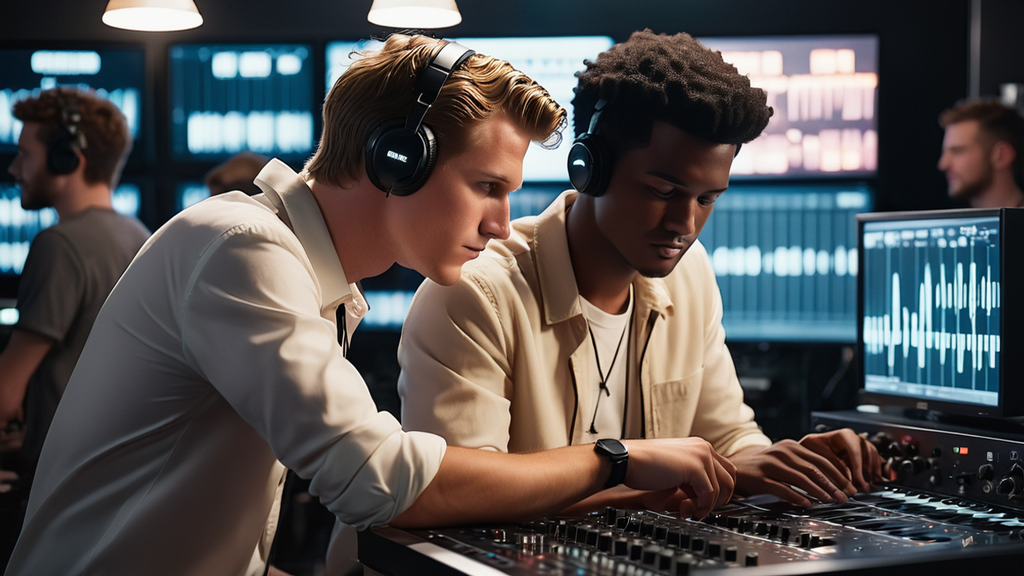
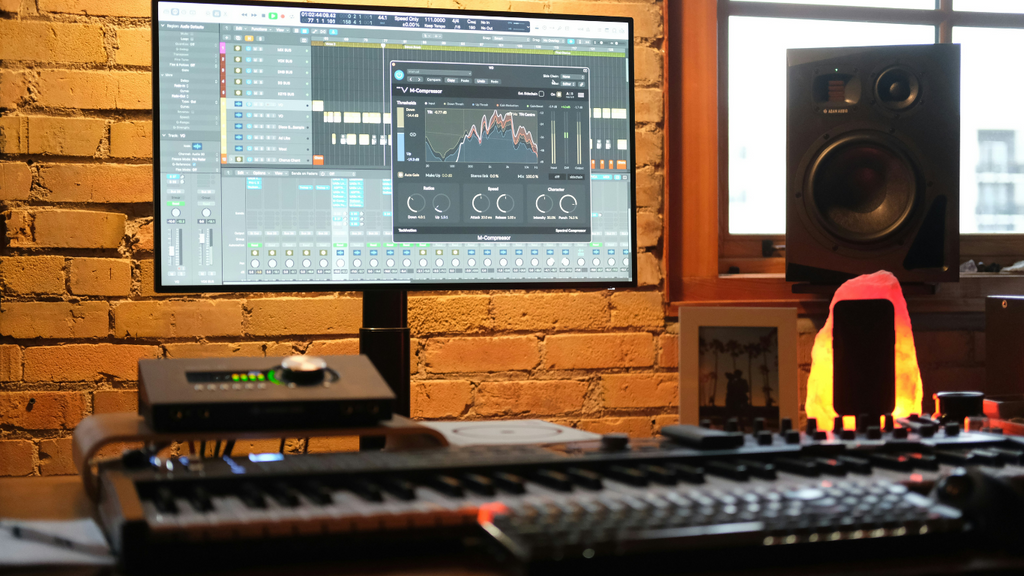
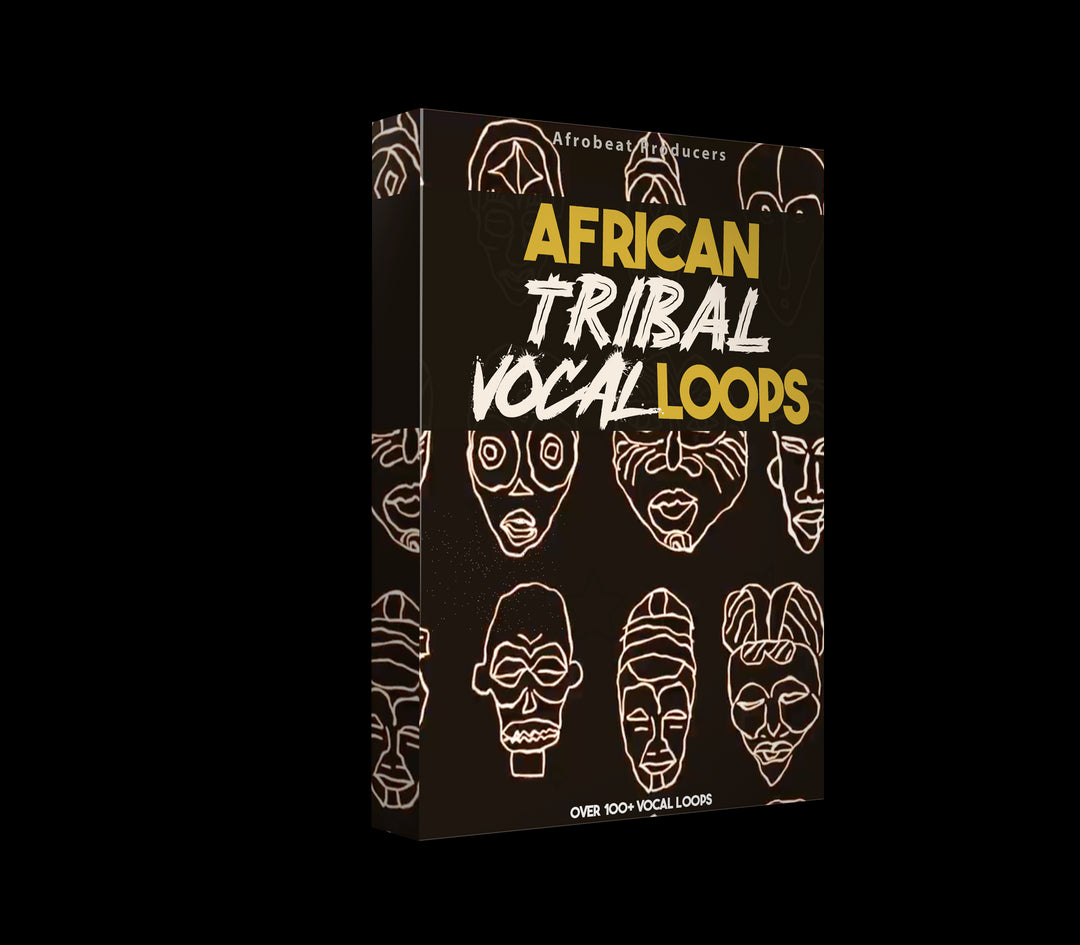
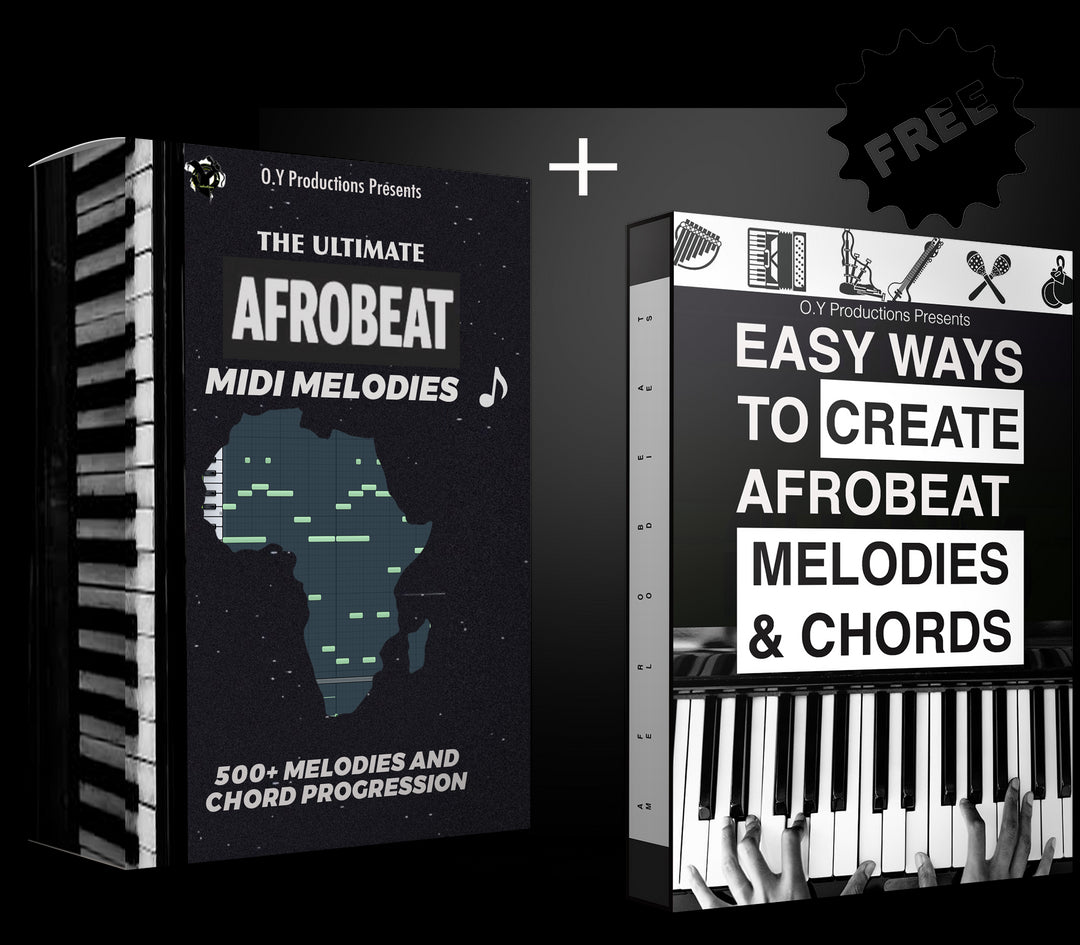
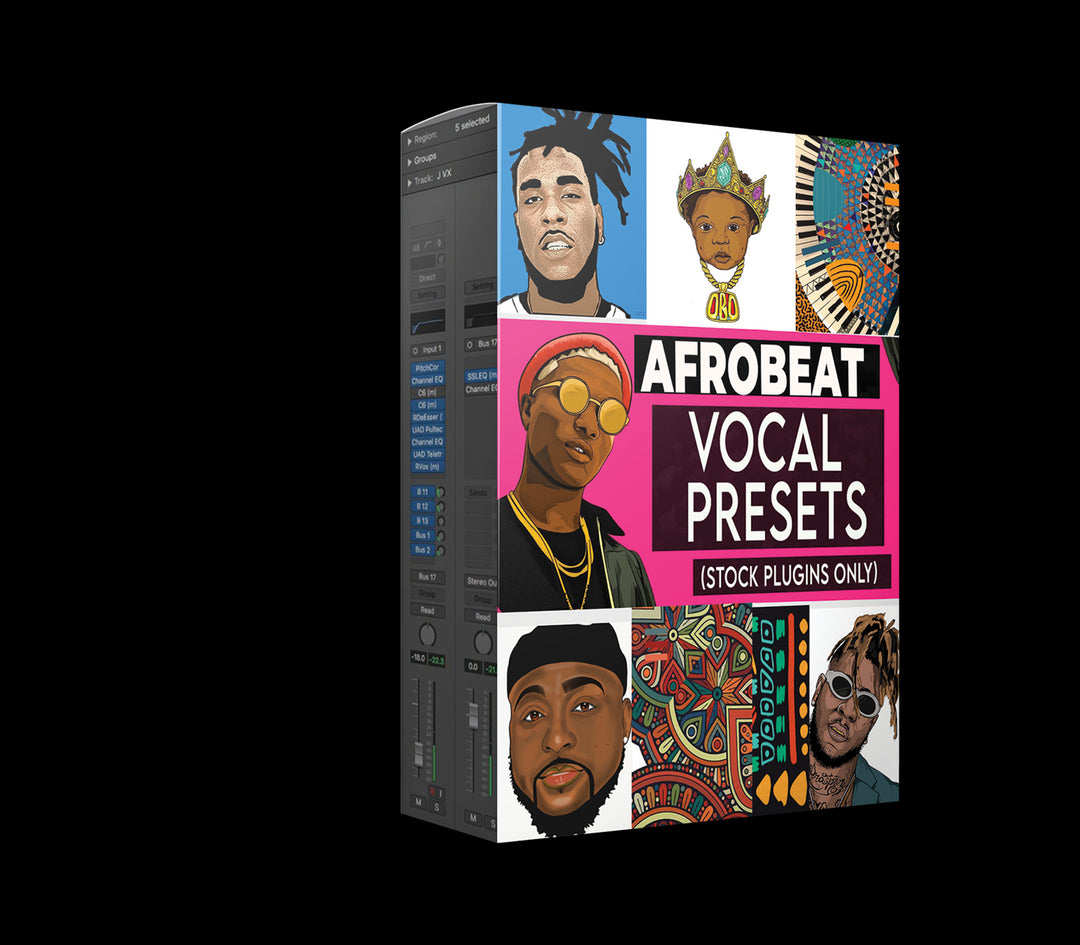
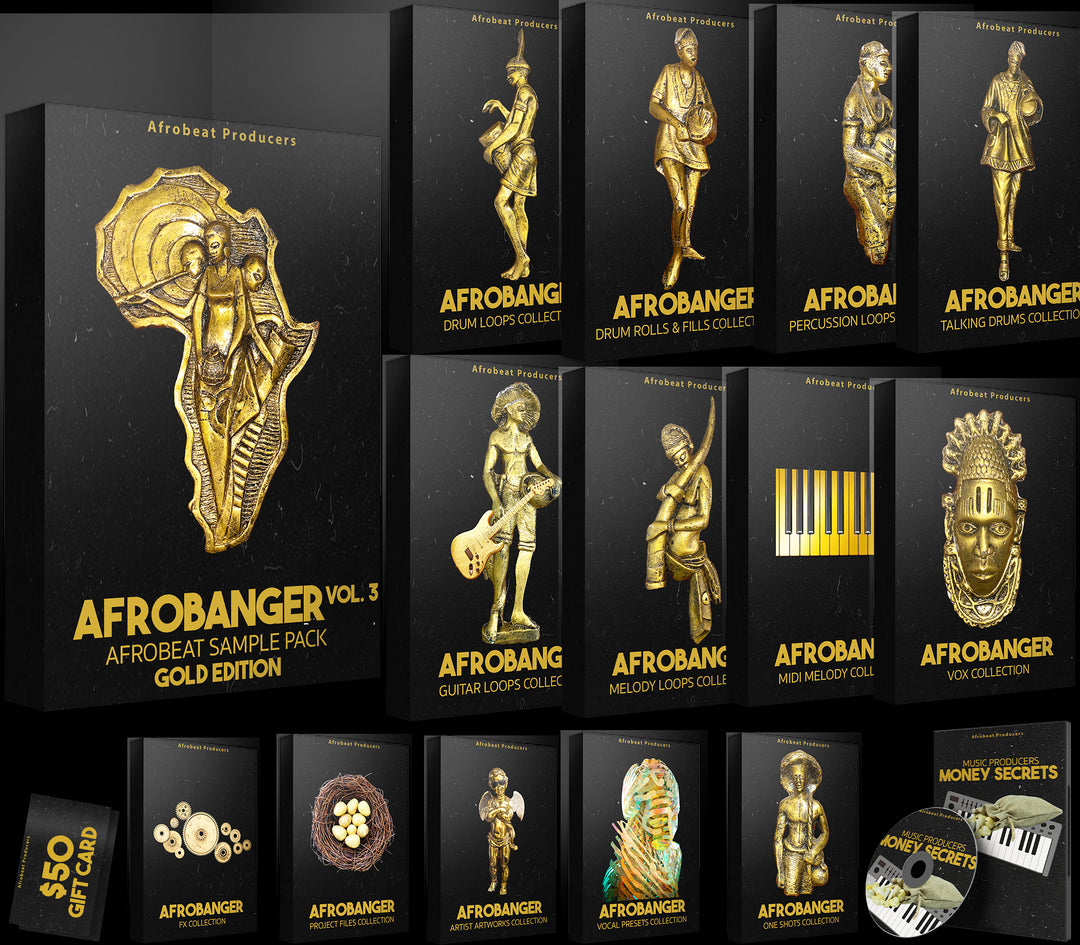
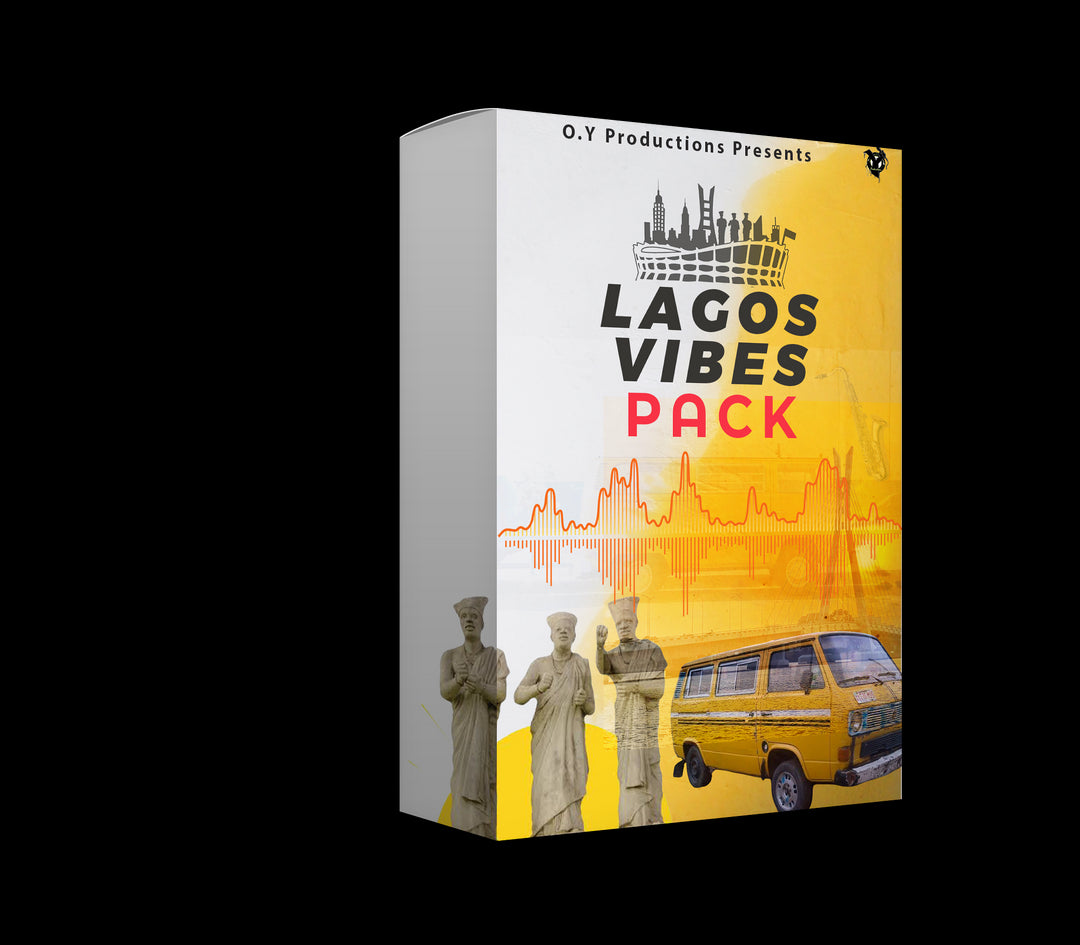
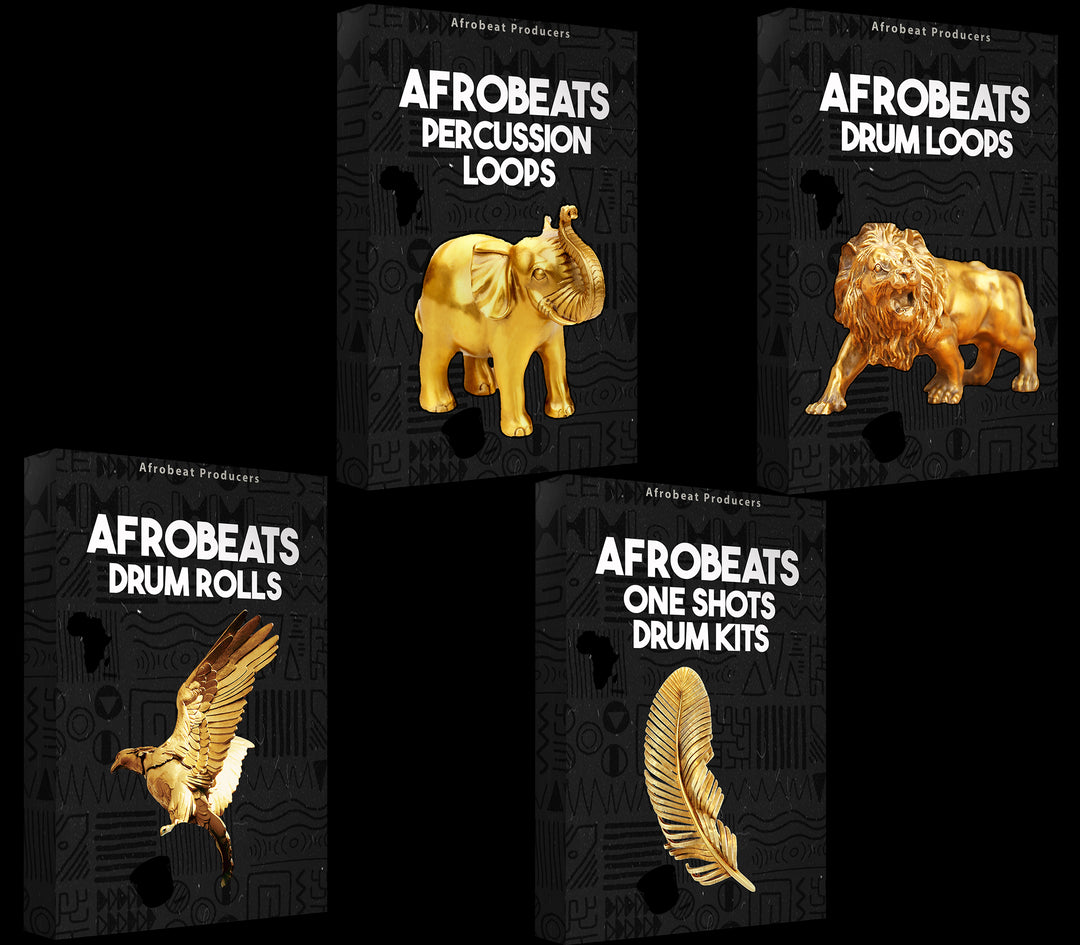
![amapiano essential sample pack download,Free Download Amapiano Log Drum Bass Pack Amapiano .WAV Samples [Works on Logic Pro ,FL Studio Abelton Live , Reason, all DAWs] Logic Pro Tutorial, free amapiano drum sample pack,Drum Loops + Construction Kit Loops Percussion Loops, Guitar Melody Loops, MIDI Melody Loops, FL Studio Fruity DX10 - Log Drum Presets Log Drums (MIDI Melody) Log Drums (Wave Audio) MIDI Snare DRum Loops + One Shots Rolls and Fills Shaker Loops Vox Chops VST Plugins Presets FX + BONUS](http://afrobeatproducers.com/cdn/shop/files/AmaPianoEssentialSamplePack.png?format=jpg&v=1701804534&width=1080)
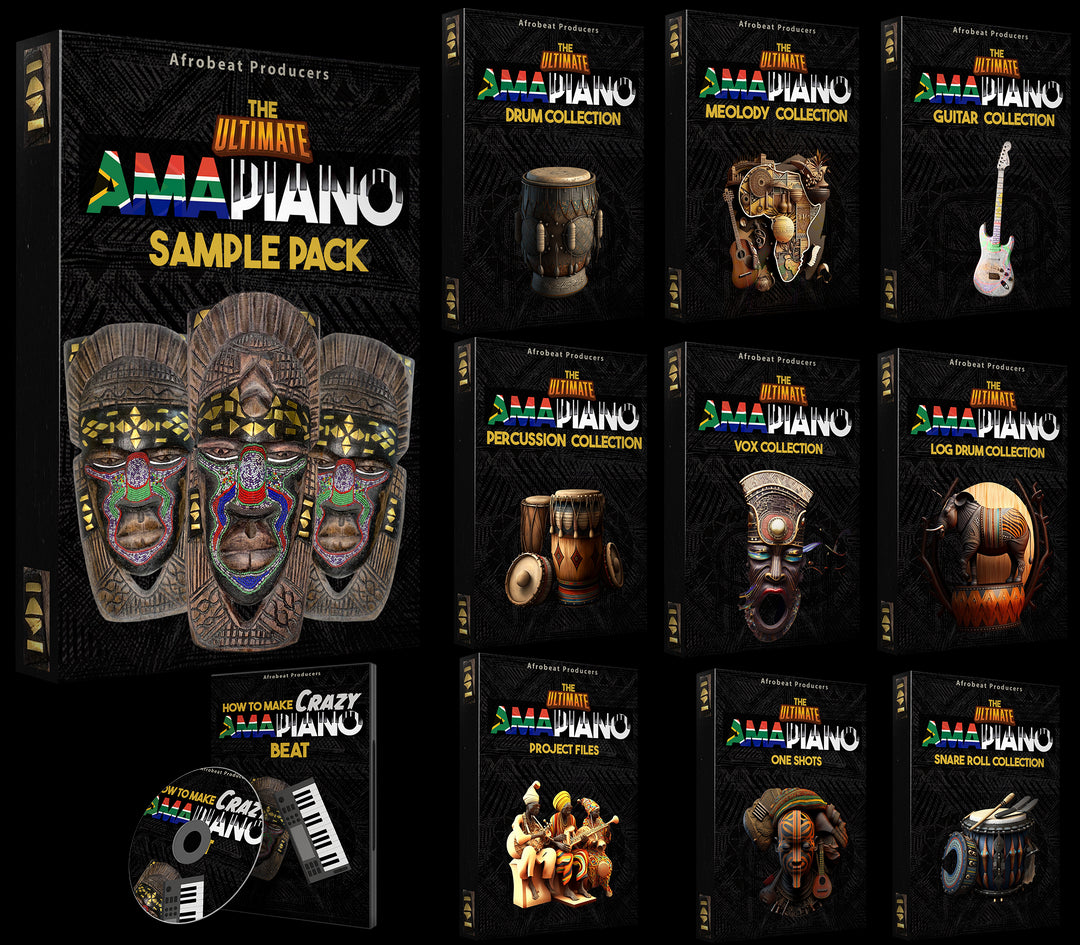
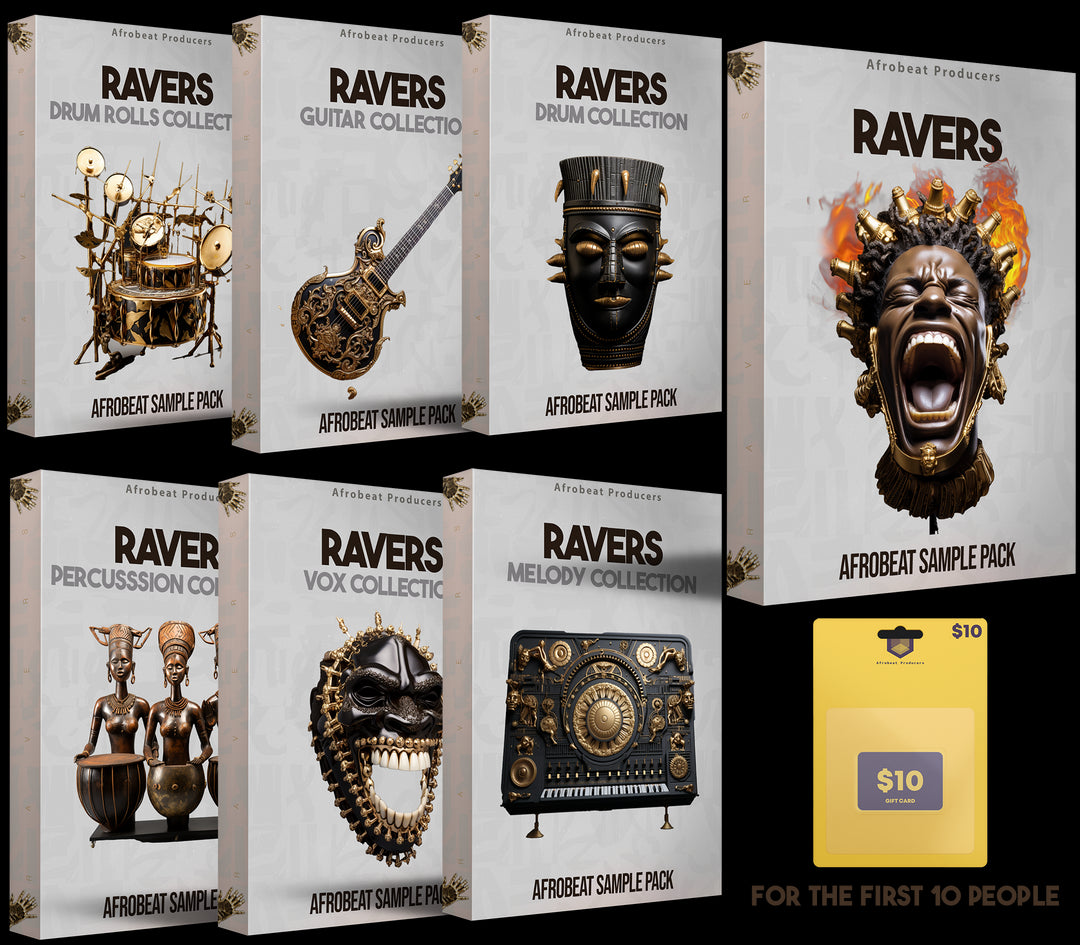
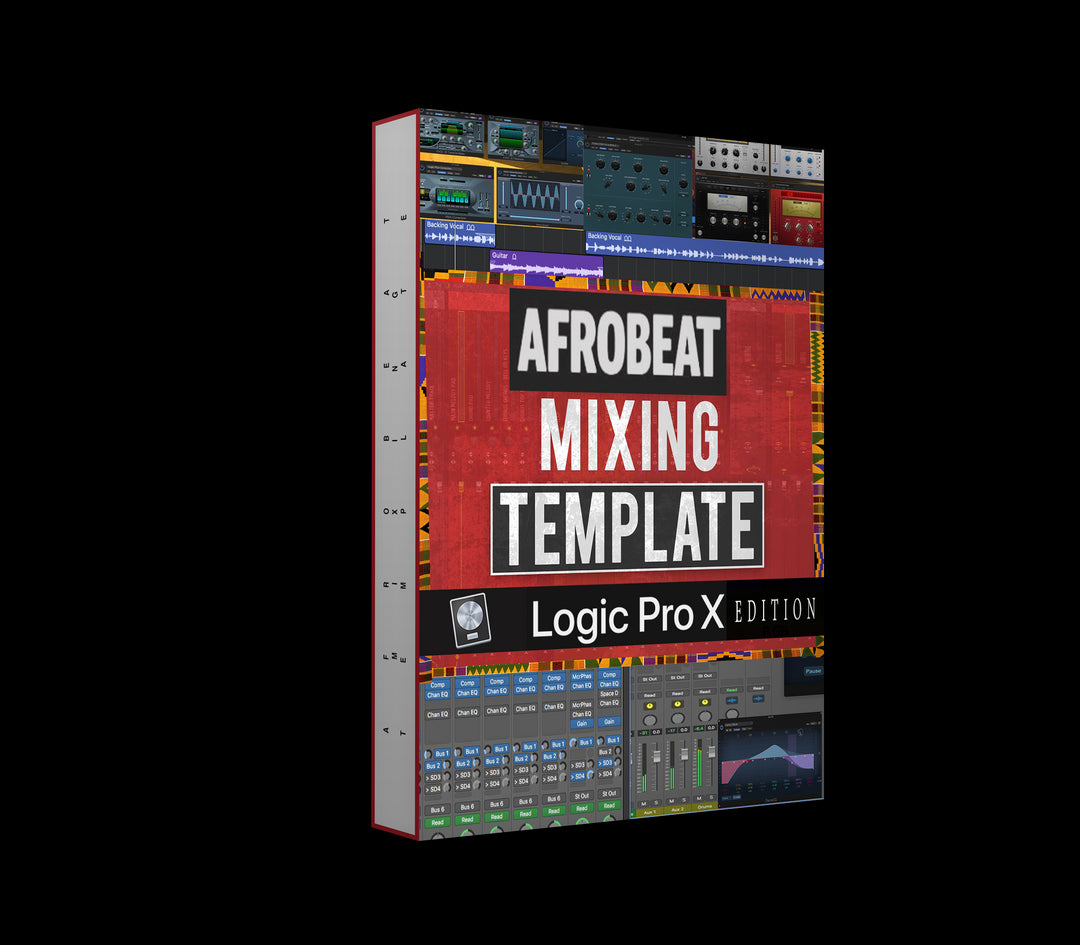
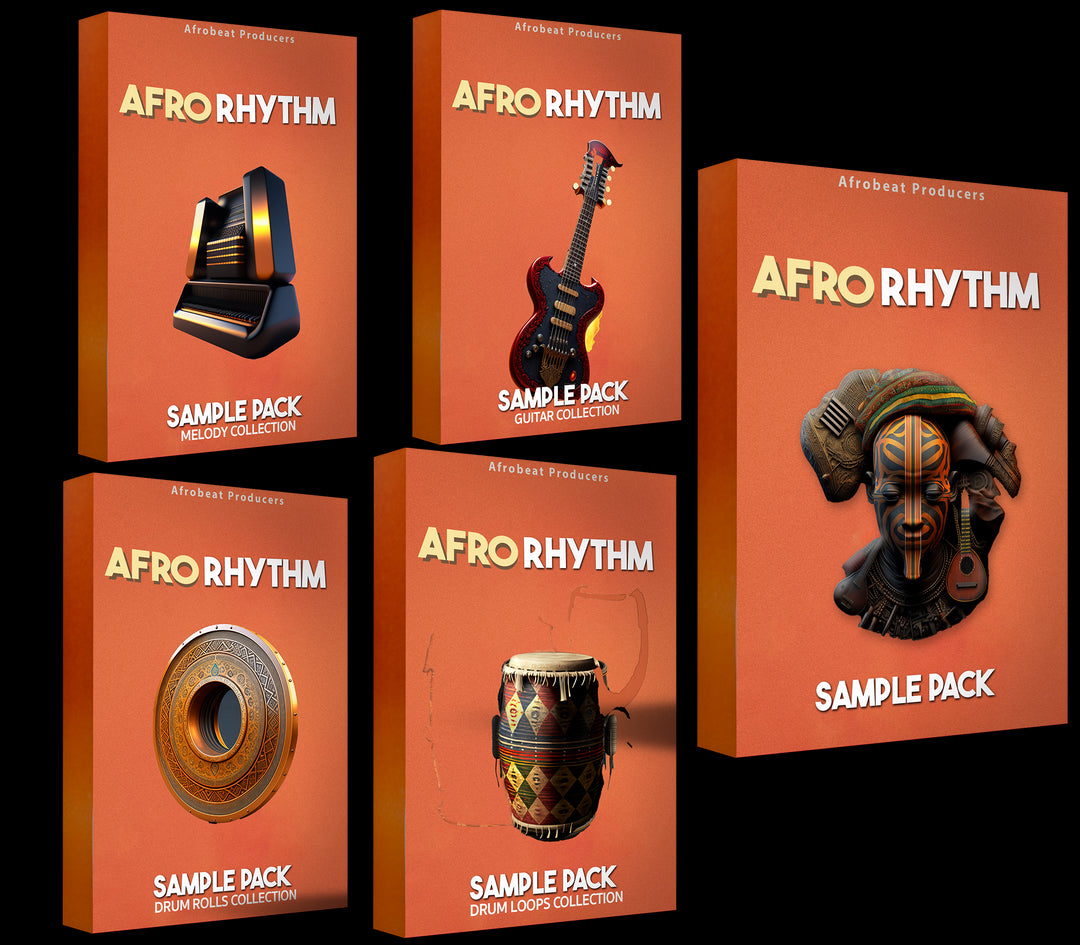
![amapiano essential sample pack download,Free Download Amapiano Log Drum Bass Pack Amapiano .WAV Samples [Works on Logic Pro ,FL Studio Abelton Live , Reason, all DAWs] Logic Pro Tutorial, free amapiano drum sample pack,Drum Loops + Construction Kit Loops Percussion Loops, Guitar Melody Loops, MIDI Melody Loops, FL Studio Fruity DX10 - Log Drum Presets Log Drums (MIDI Melody) Log Drums (Wave Audio) MIDI Snare DRum Loops + One Shots Rolls and Fills Shaker Loops Vox Chops VST Plugins Presets FX + BONUS](http://afrobeatproducers.com/cdn/shop/files/AmaPianoEssentialSamplePackVol.2.png?format=jpg&v=1701804430&width=1080)
